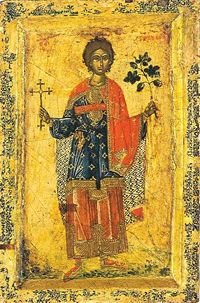Guinness World Record Largest Folk Dance in Serbia
Over 12.000 participants prepares to break the Guinness World Record by simultaneously dancing a Kolo (a traditional dance from the Balkan states) in Novi Sad. The same string of participants stretched for kilometers and encircled several city blocks.
The organization of the Veliko Kolo (Great Kolo) took months and it gathered organizations from 12 different countries in the region. The participants were coordinated by local staff and by a system of loudspeakers. Additionally, all those participating were assigned a barcode, which was then read by the event's officials at the end of the event and the results sent to the Guinness commission.
Preparation for Guinness Largest Kolo
Serbian Kolo, Novi Sad 4th October 2015
Listening Comprehension Exercise
- Koliko folkloraša učestvuje u Velikom kolu?
- Gde se održava svečano otvaranje?
- Iz kojih zemalja su učesnici?
- Koliko kilometara je dugačko kolo?
- Kada će biti završena ova manifestacija?
- Koliko autobusa je pristiglo u Novi Sad 4. 10. 2015.?
- Kog uzrasta su učesnici?
- Koliko kola su folkloraši igrali?
- Odakle je prvi sagovornik?
- Odakle je drugi sagovornik?
- Odakle je treći sagovornik?
- Iz koliko ukupno zemalja su učesnici?
- Koji uslovi moraju da se ispune da bi se oborio rekord?
- Kada će se dobiti zvanični izveštaj da li je rekord oboren?
Speaking Exercise
While watching the following video try do describe what you can see and what you know about this event:

.png)





















































